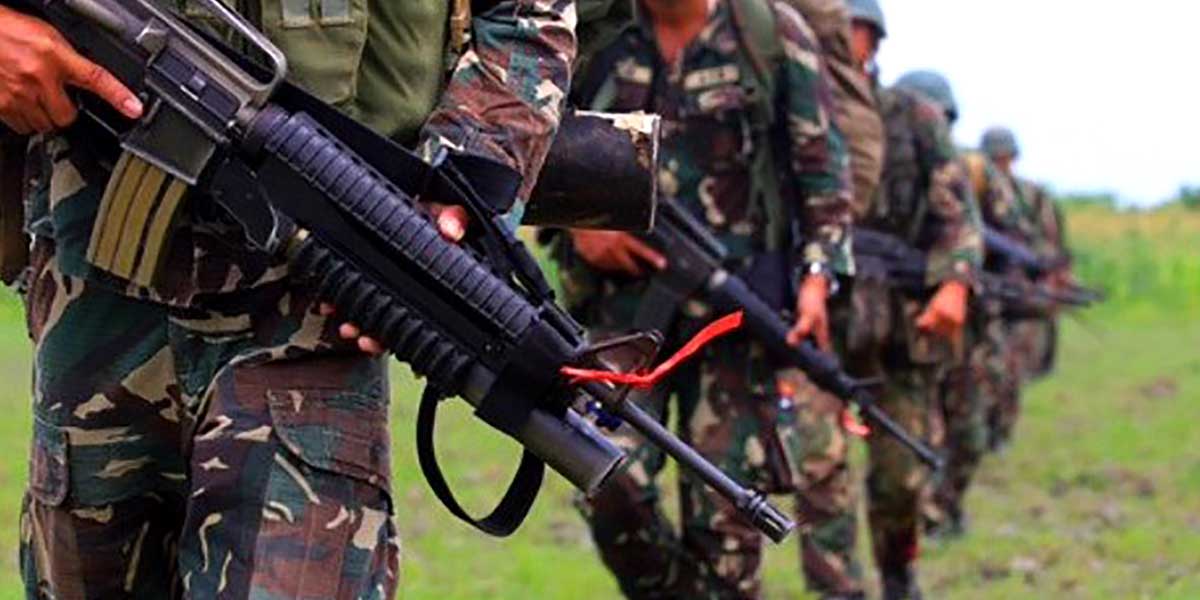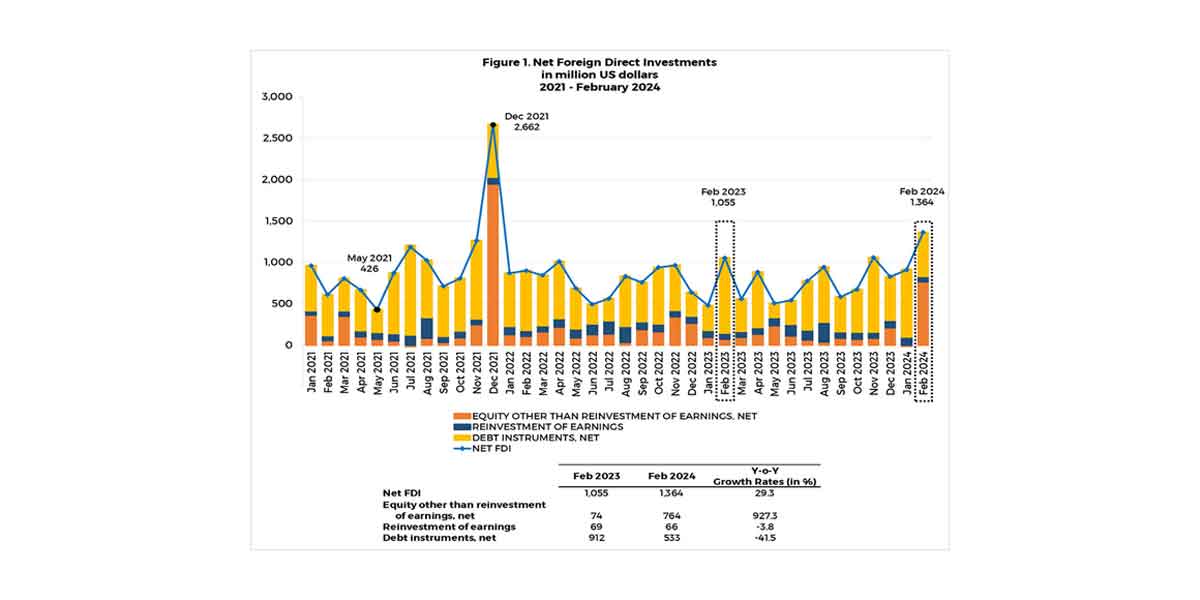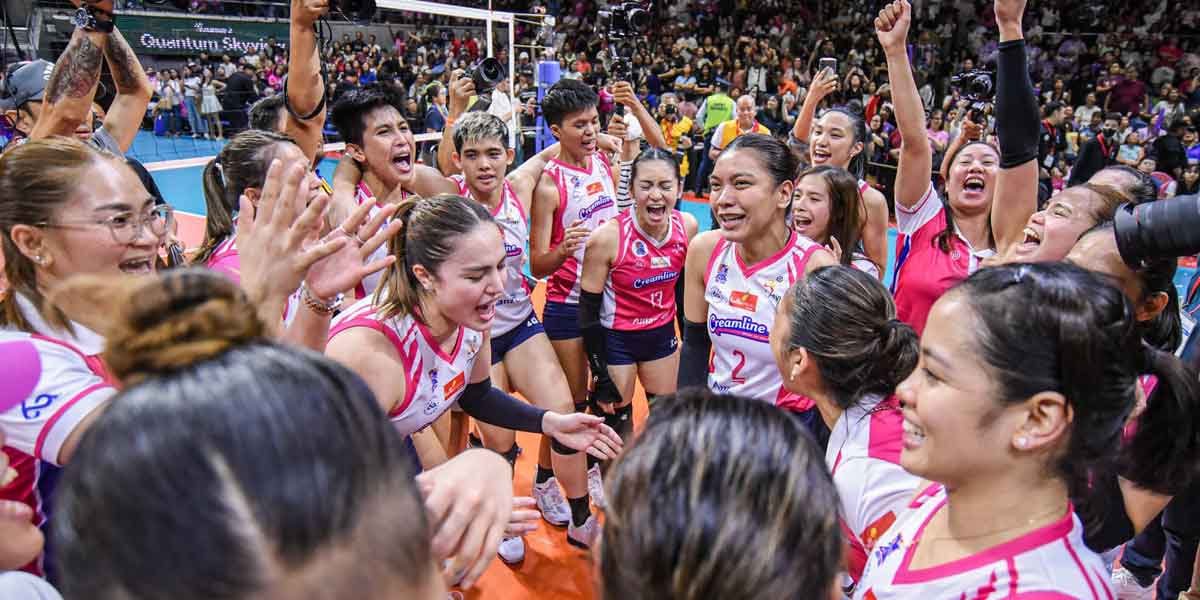
By Angelika N. Buergo
A short film directed and written by a student of the University of the Philippines Visayas will represent the country in the SeaShorts film festival.
The SeaShorts Film Festival screens short films to showcase Southeast Asia’s stories and emerging filmmaking talents by “bringing in together the arts and cultural community from the region.”
“Gutab” was written, directed, and co-produced by 21-year-old Mary Andrea Palmares amid the COVID-19 pandemic.
Palmares recounted to Daily Guardian the challenges she faced in producing her work.
“Aside from the monetary constraints, producing and directing the film in the middle of the pandemic is arguably the most challenging task I have done as a starting filmmaker. Prior to filming, we had to secure specific permits and ensure everyone on set was healthy and followed proper safety protocols. We also had to adhere to curfews, which forced us to shoot a one-night scene in broad daylight. Thankfully, our editor was able to make that sequence appear to be taking place at night,” Palmares said.
Despite the challenges, “Gutab” also qualified in three other local award-giving bodies: Viddsee Jury Awards Visayas and Mindanao, Sinepiyu Hiwaga and CPP’s Gawad Alternatibo. The film also garnered multiple awards from the said film festivals including Best Direction, Best Cinematography, Best Narrative Film and many more.
WOMEN AND SOCIETY
Gutab follows the story of two women, Jo-an ang Sabel, who are confronted by choices to break free and escape from society’s constraints.
“In some places, being born as a woman is often considered a problem. Until now, a lot of women suffer from inequality, harassment, and discrimination. In this film, I wrote the main characters to represent two out of various situations of women in society, one being confined by different domestic roles and the other being objectified because of her beauty,” she said.
Palmares said the crux of the film is to showcase the unsettling and unfair situation that women often find themselves in, especially in a male-driven society.
“These unsettling situations are the reasons why I wrote and made this film, in the hopes that women will somehow become more empowered and be reminded that they are not mere objects confined inside their homes. That their feelings, decisions, and actions will always be valid in defying different constraints brought by society.”
‘EMPOWERING’
Palmares also saw her achievement as an opportunity to empower other people and to “make a change.”
“To be qualified and be part of an international film festival alongside well-known Asian filmmakers whom I admire and look up to is already an achievement, and it’s honestly a bit overwhelming. But if I were to truly describe the feeling about being part of this year’s Sea Shorts, the word ‘empowering’ comes to mind; perhaps because more women and young girls will be able to see and know about our film.”
“The whole experience taught me that films can indeed become subjects of discussion and debate. That we should continue to tell stories that motivate and inspire people to feel a certain way, act on something important, or even make a change.”
Alongside her desire to empower women through her film, Palmares also hoped that her film becomes an avenue for other young filmmakers in the region.
“As a first-time director and filmmaker from the region, I don’t want to see this as an opportunity only for myself but also for more regional filmmakers who still have a lot of compelling, interesting, and powerful stories to tell.”


















